Financial lessons we’ve learned from the pandemic
What COVID-19 has taught us about money management

Relying too much on a 'stable' income is shortsighted
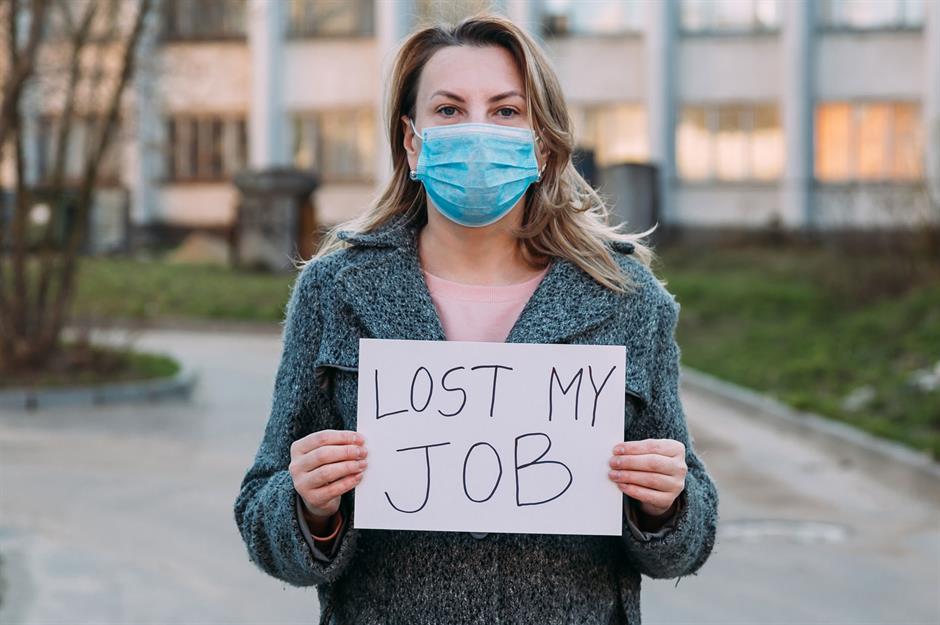
Building up an emergency fund is a must
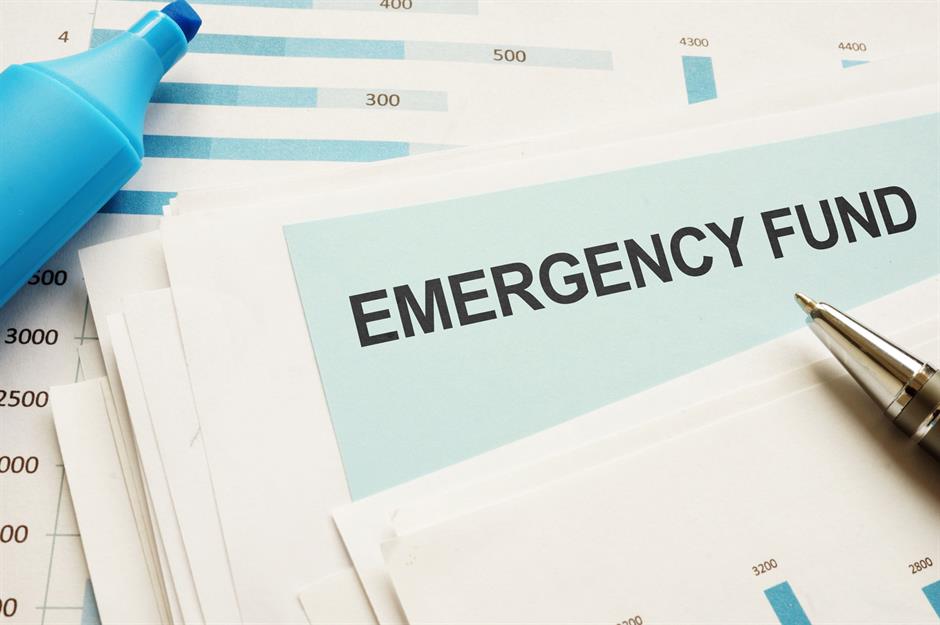
Setting aside enough to tide you over is crucial
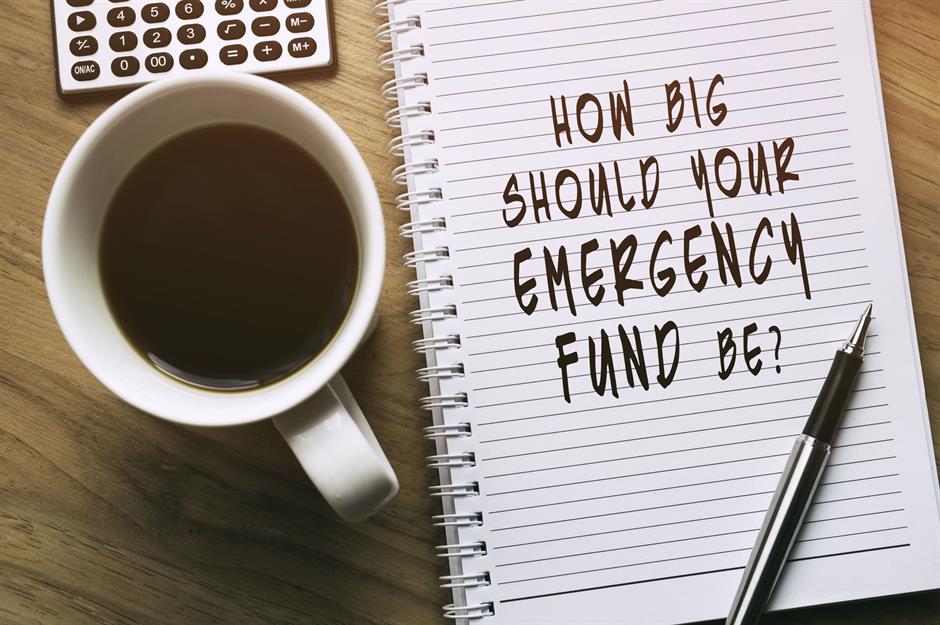
Budgeting in a crisis can make all the difference

Putting your money into the stock market can be seriously risky
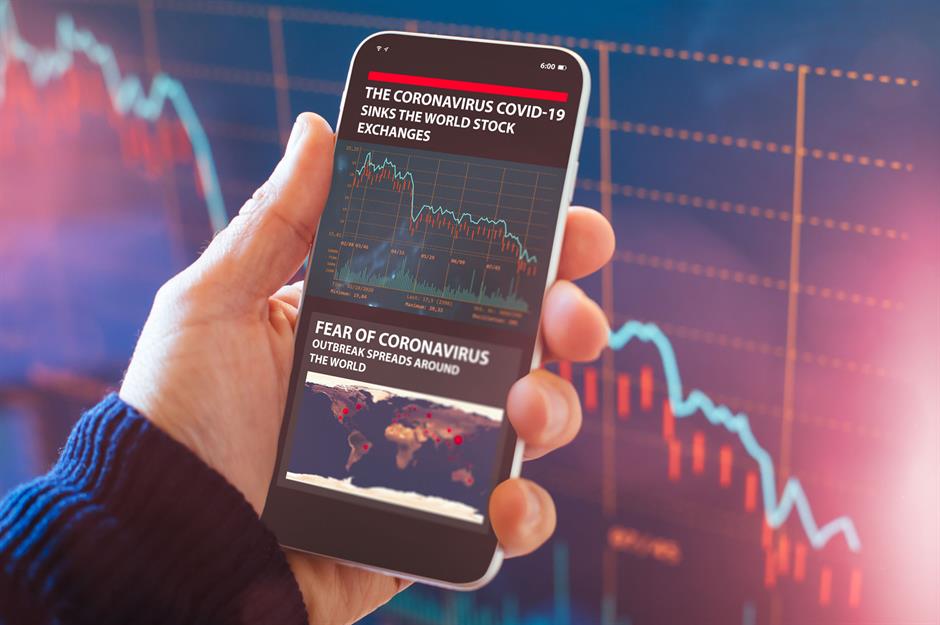
The longest bull market in history may have lulled some investors into a false sense of security and given them the impression their stock portfolio would go on rising in value indefinitely. The coronavirus-induced crash in March served as a painful reminder that the market is a volatile creature, stocks can go down in price as well as up and investments are risky endeavours.
Investing is for the long term

Diversifying your investment portfolio is essential

Paying off credit card debt is a smart move
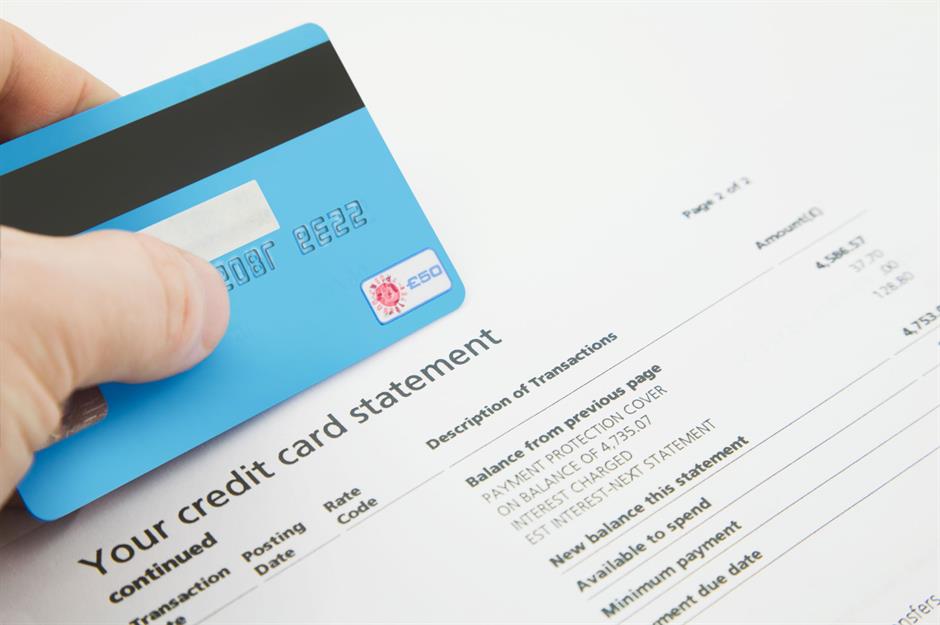
Clearing other high-interest debt should also be a priority

Finding a better credit card deal and consolidating other debt is sensible

Avoiding taking on any new debt is prudent during a crisis

Interest rates may have plunged to historic lows, but this pandemic has also taught us that taking on new debt in the middle of a crisis is fraught with risk. Signing up for a credit card or loan and saddling yourself with additional debt is not the best of ideas when job insecurity is so rife and the economic outlook so uncertain.
Now read: The biggest economic bubbles of all time
Cutting back on luxuries isn't actually that difficult to do

Through lockdowns and social distancing measures, COVID-19 has forced us to embrace a simpler life and go back to basics. For some people, forgoing expensive dinners in their favourite restaurant or going without designer clothing and other fancy things they don't need has actually been a freeing experience and not half as hard as they might have thought.
The temptation to splurge online can be hard to resist though in a pandemic

Splashing out on a daily coffee and lunch drains your finances

Working from home can save you a fortune

Indeed, working from home has been something of a windfall for anyone lucky enough to be able to do it with many former commuters saving a fortune on travel expenses. And the money they've saved on a travel card, rail season ticket or petrol, along with the daily coffees and lunch more than offsets any remote working costs such as pricier utility bills.
Now read: How COVID-19 could change cities forever
Claiming tax deductions if you work from home is a thing
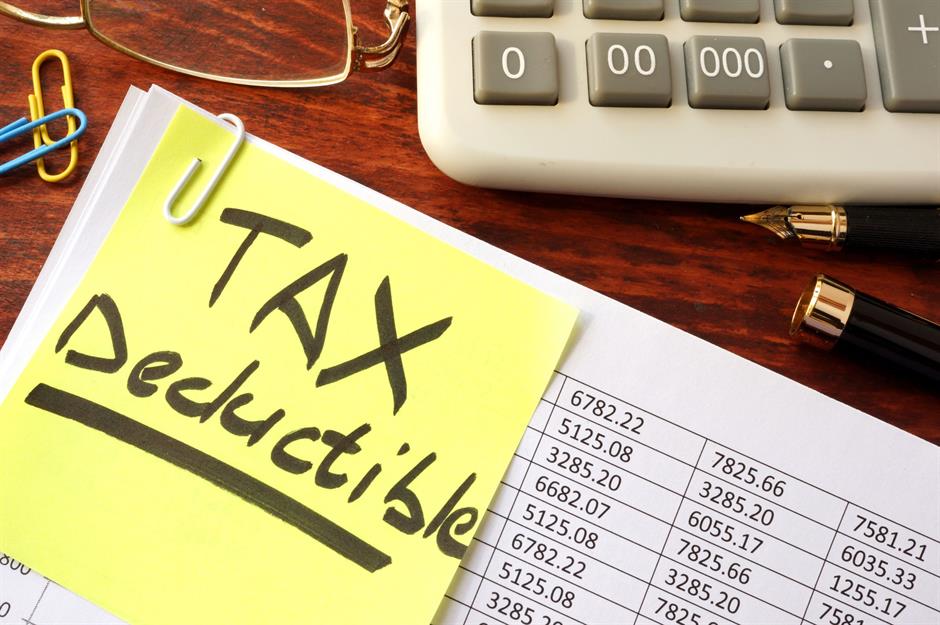
Making rash financial decisions is rarely clever

The pandemic has driven some people to make rash financial decisions. From panic buying and stocking up on unnecessary items to cashing in long-term investments when the market dipped only for it to recover mere months down the line, many people may regret actions they took at the start of the pandemic. Crisis management calls for a cool head and decisions made in haste are rarely clever ones.
Using the internet for free financial advice and money management tools can be enlightening

Knowing what you're entitled to is super-important
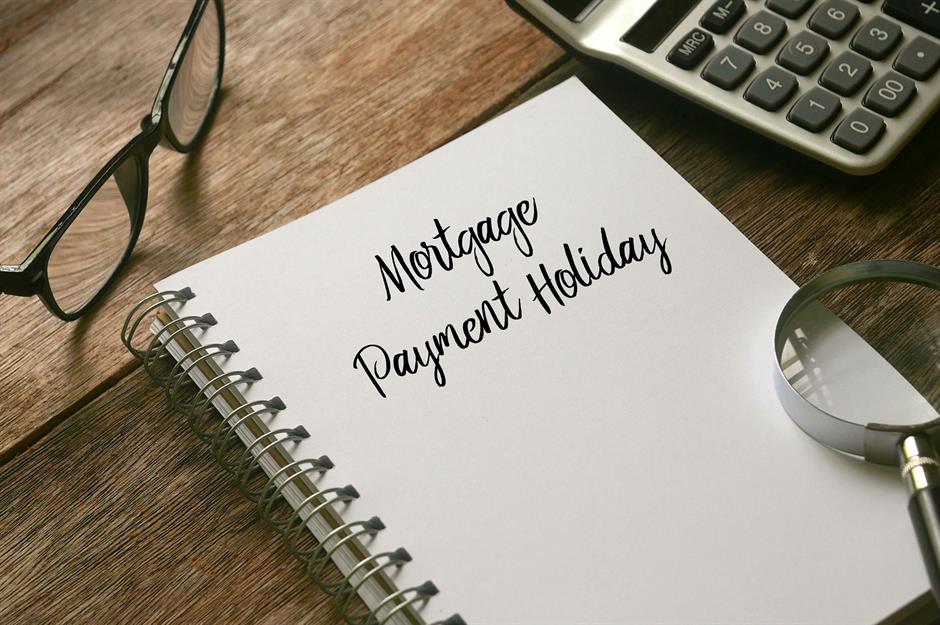
Knowing exactly what you're entitled to is vital, because often you will have to request support rather than automatically receive it. Whether it's a tax, credit card or mortgage payment holiday, flight refund, self-employed grant or any of the numerous other types of relief offered by the government and private sector, read any information your bank or service providers send you and follow the news and look at government websites to stay on top of the latest financial support offerings and get in touch with them if you think you qualify.
Communicating with organisations you owe money to is always advisable

Even if financial organisations aren't actively advertising support packages, it is a good idea to let them know if you need help. The pandemic has shown that being proactive and communicating with any lenders, service providers and tax authorities is always advisable if you're experiencing financial difficulties. Burying your head in the sand won't make things better while facing the music and reaching out will ensure you get the assistance you need.
Investing in buy-to-let properties comes with major risk
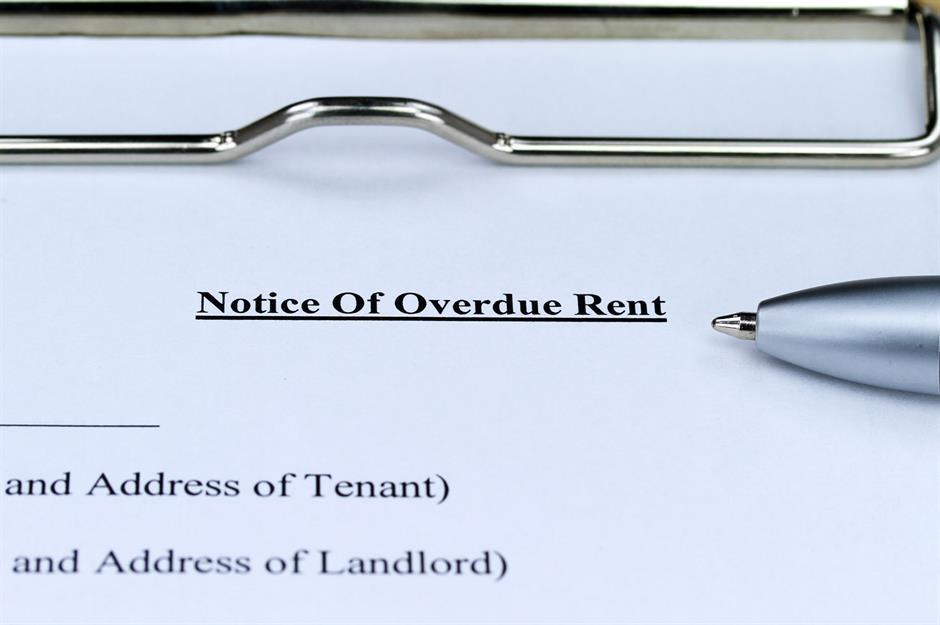
COVID-19 has brought to light the danger of depending on buy-to-let income. A recent survey by market research firm YouGov found that almost a quarter of private landlords in the UK have seen a reduction in their rental income as a consequence of the pandemic as hard-up tenants, who were protected from being evicted for a number of months, stop payments or negotiate rent reductions. The crisis has also highlighted the importance of obtaining rent guarantee insurance.
Developing a lucrative side hustle makes good financial sense
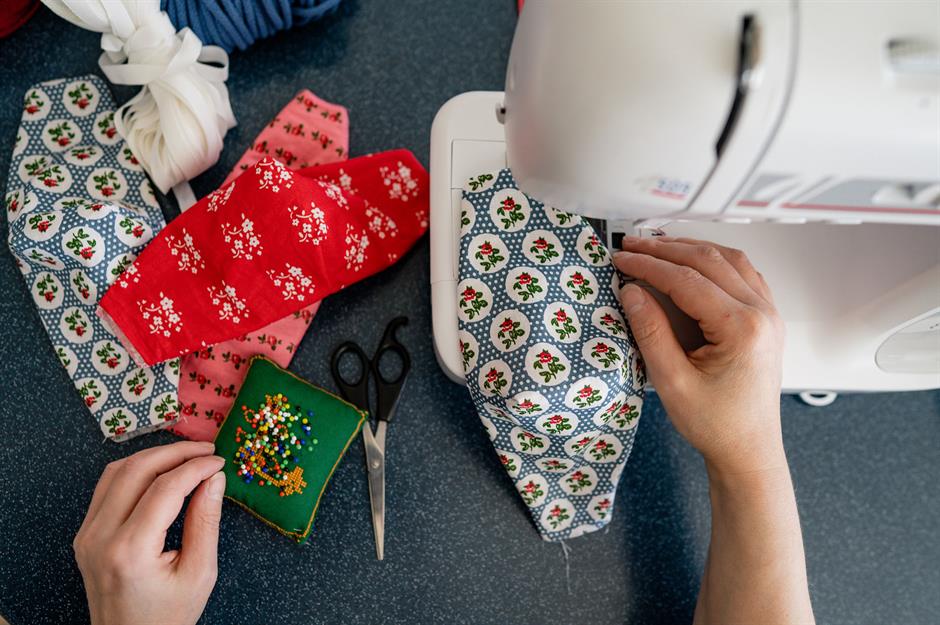
The pandemic is also showing us that developing a lucrative side hustle makes good financial sense. With so many jobs on the line, having something you can fall back on can help you keep your head above water. This could be anything from taking a part-time job delivering groceries or takeaway food to a sideline selling homemade masks or hand sanitiser on Etsy.
Now read: Super successful companies that started as a side hustle
Creating multiple income streams is even better

Taking out income protection insurance gives you peace of mind
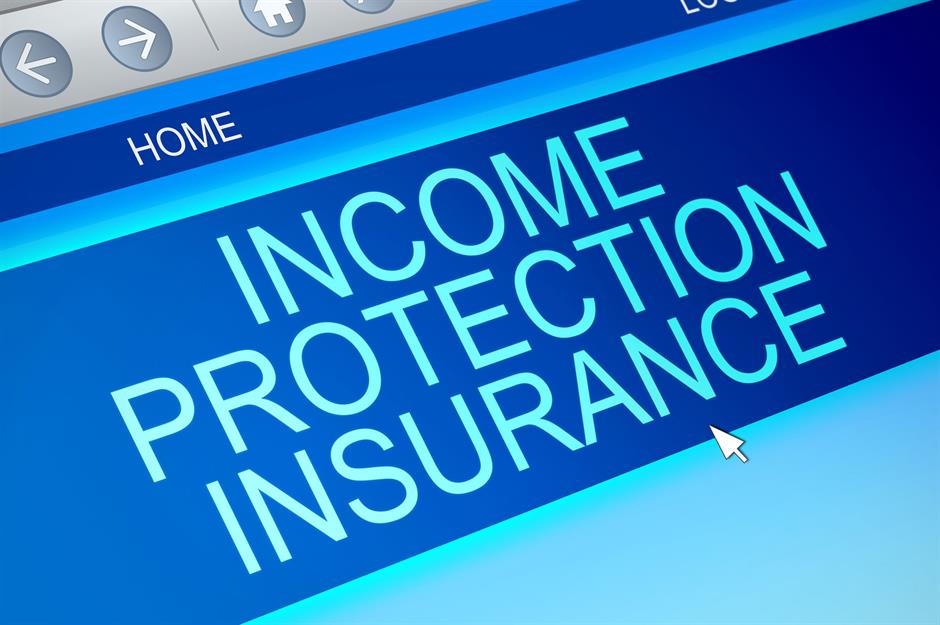
Signing up for a mortgage protection insurance policy is the next best thing
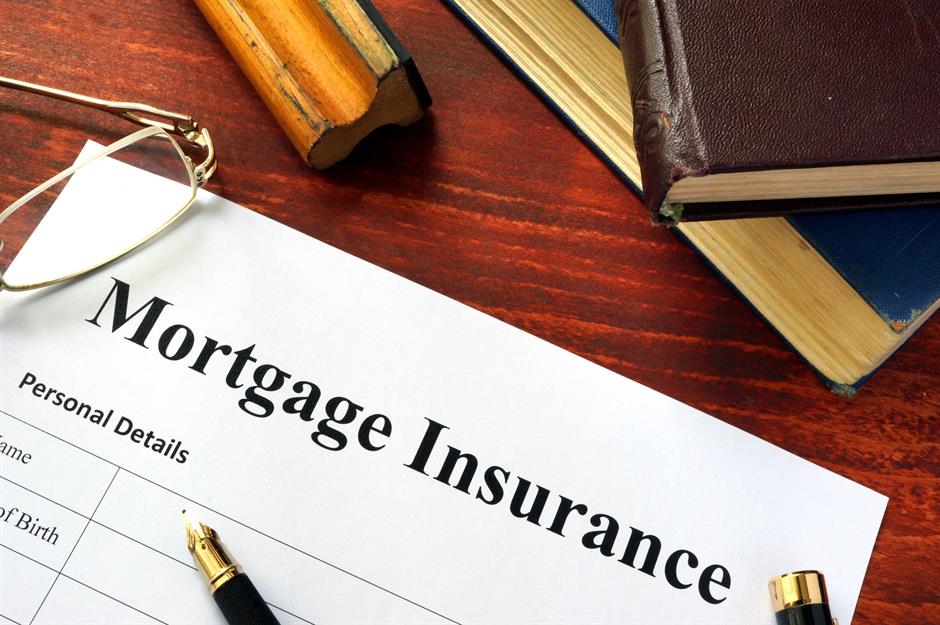
If income protection insurance is beyond your budget but you still want to prevent your home from being repossessed should you be made redundant or get seriously ill, mortgage protection insurance is the next best thing. While not as comprehensive as income protection insurance it will cover your mortgage repayments for a certain period of time, and tends to be cheaper.
Travelling without insurance is foolish
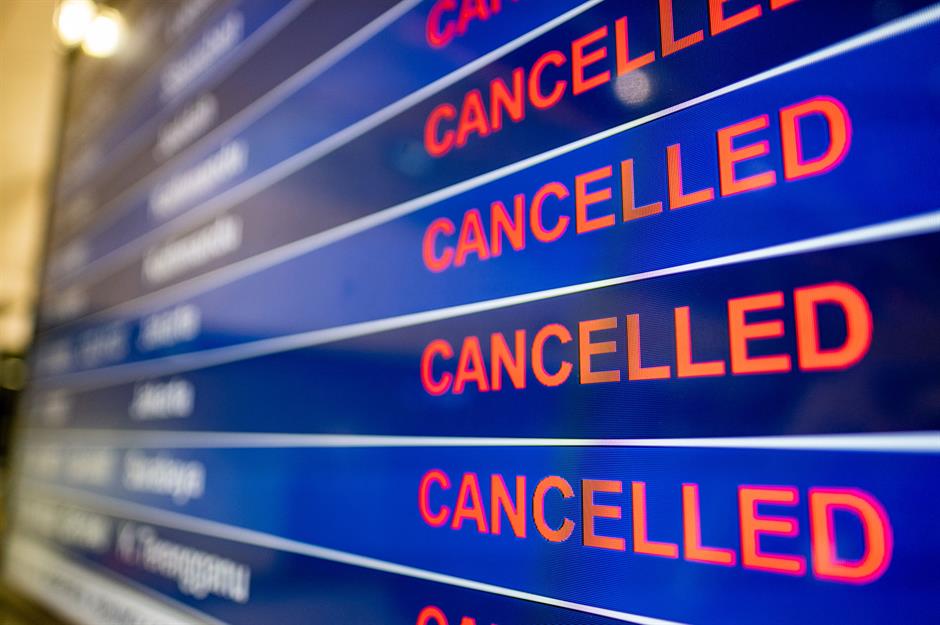
Taking out a life cover policy shouldn't be put off

Getting your estate in order is morbid but necessary

Watching out for scammers and fraudsters is vital during a pandemic

Ever eager to exploit a crisis, scammers and fraudsters, both on and offline, have been keeping themselves very busy during the pandemic, using tactics including phishing emails and texts, robocalls, imposter schemes, and posing as government and tax officials to dupe their unsuspecting victims. It is more important than ever to watch out for any unsual communications from your service providers, and make sure that you never provide your financial details to anyone unless you are sure they are who they say they are.
Discover the online scammers' tricks to watch out for during the pandemic
Sitting down (remotely) with a financial advisor can save you money
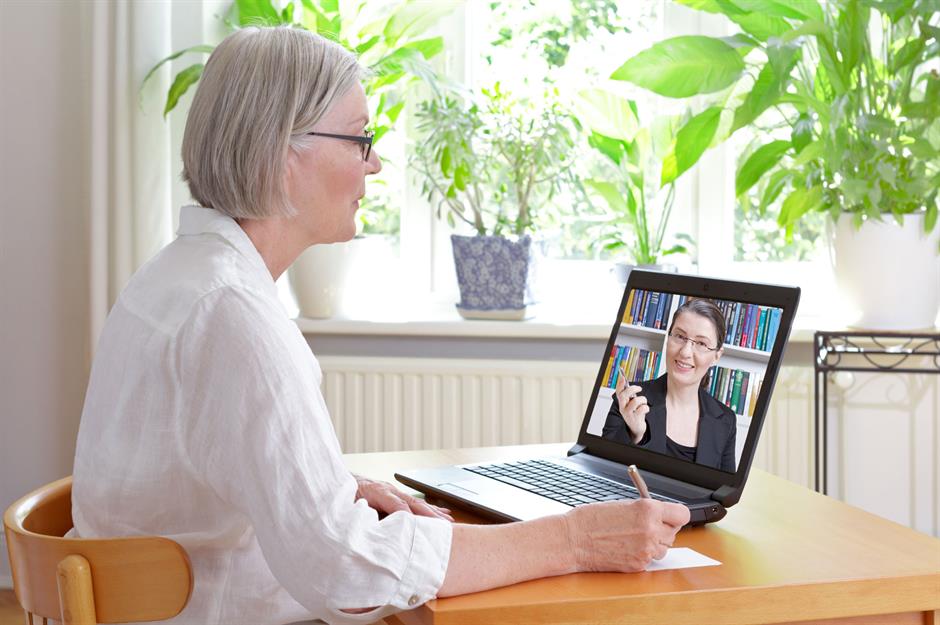
Lastly, you can read all the money-saving articles in the world and wear out your budgeting apps and online tools, but nothing beats the sage advice of an independent financial advisor, who can offer you pointers tailored to your specific situation, helping you stay solvent through the pandemic and beyond.
Now discover the cost of cancelling 2020's mega-events
Comments
Be the first to comment
Do you want to comment on this article? You need to be signed in for this feature
Most Popular
Features How Michael Jackson's children boost their bank balances